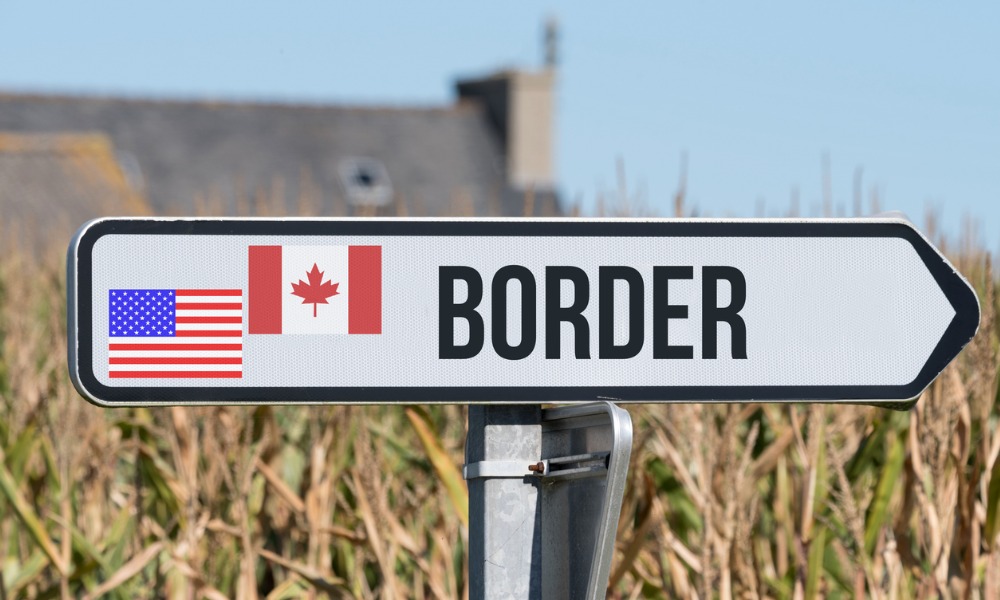
Foreign nationals can no longer apply post-graduation work permit (PGWP) at border

Foreign nationals can no longer apply for a post-graduation work permit (PGWP) at the Canada-U.S. border, effective immediately.
Ottawa made the move as it looks to fight “flagpoling” at the border. Flagpoling occurs when temporary residents of Canada bypass the normal wait times involved in applying for a work or study permit online by leaving the country and then immediately re-entering to receive same-day immigration services, explained Citizenship and Immigration Canada.
"While we continue to support and recognize the contributions of international graduates to Canada's labour market, 'flagpoling' is unnecessary,” said Marc Miller, minister of immigration, refugees and citizenship.
“The time and effort required to process applications from 'flagpolers' takes officers on both sides of the border away from their crucial role in protecting the safety, security and prosperity of Canadians and Americans. This measure will help prevent this practice, while maintaining the integrity of our immigration system."
In May, the federal government granted Manitoba’s request to extend temporary resident status for potential Provincial Nominee Program (PNP) nominees who have work permits that will expire in 2024.
Flagpoling has become a problem for the government, it said.
“Flagpoling uses significant resources at the border, taking officers away from enforcement activities, causing delays for travellers and slowing down the movement of goods,” noted Citizenship and Immigration Canada.
From March 1, 2023, to February 29, 2024, PGWP applicants represented about one fifth of the foreign nationals who attempted to flagpole.
"Flagpoling places an undue burden on our border services officers,” said Dominic LeBlanc, minister of public safety, democratic institutions and intergovernmental affairs. “With this change, we're taking a measured approach to combatting the issue and putting an even greater focus on maintaining the integrity of our shared border with the United States."
Thousands of workers at the Canada Border Services Agency (CBSA) represented by the Public Service Alliance of Canada (PSAC) and the Customs and Immigration Union (CIU) are set to receive a 14.8% wage increase over four years – pending member ratification.
Flagpoling hours were recently reduced at 12 ports of entry across Canada to allow border services officers to efficiently process the large volume of travellers in peak periods and to focus on other key priorities, including high-risk travellers and trade facilitation, according to the federal government.
Other measures Ottawa has taken against flagpoling include:
Ottawa is also encouraging people to apply for PGWP in Canada rather than flagpole.
“We continue to improve processing times, and are moving toward a more integrated, modernized and centralized working environment to help speed up application processing globally,” said Citizenship and Immigration Canada.
One factor that is narrowing the wage gap between immigrants and Canadian-born citizens is the increasing participation of the former and the decreasing participation of the latter in Canada’s labour force, according to a previous RBC report.